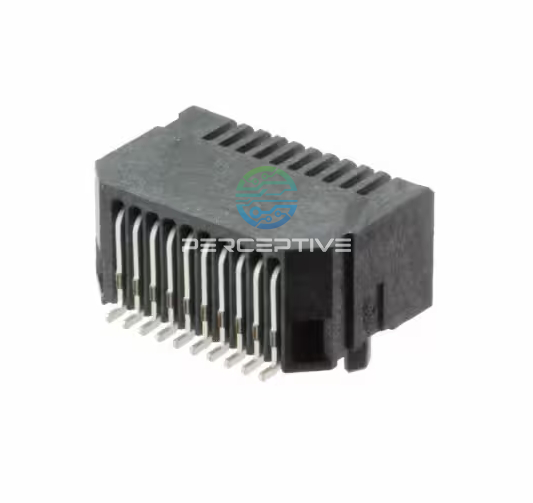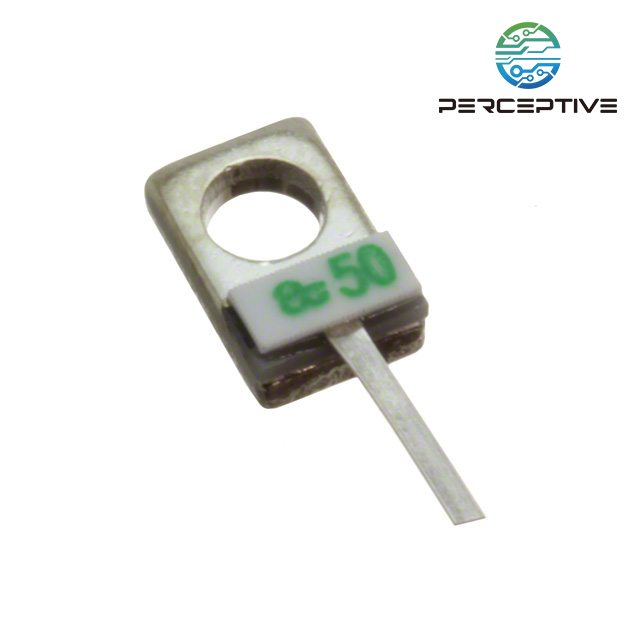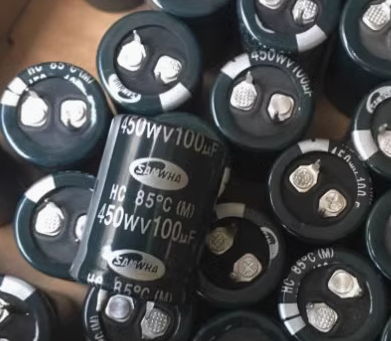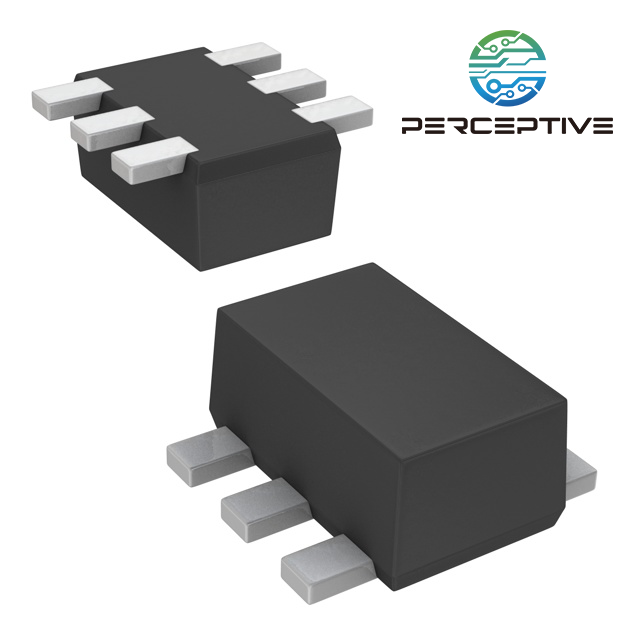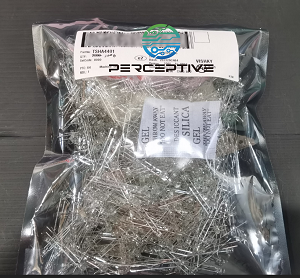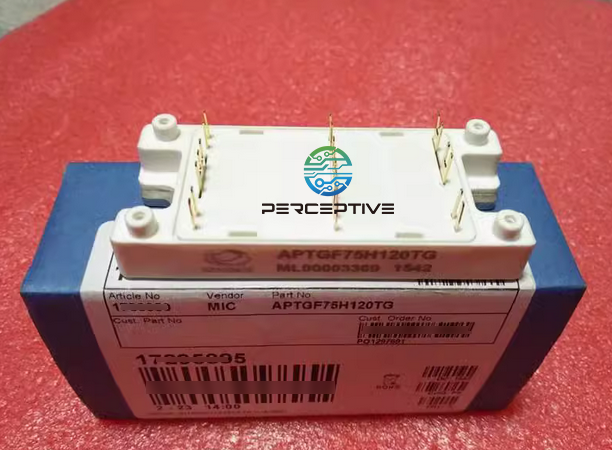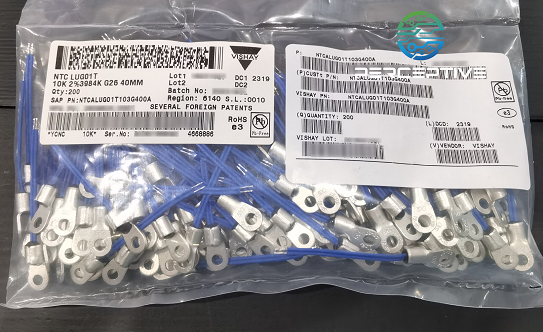It is reported that the production capacity of Texas Instruments will ease in Q3, and the analog chip manufacturers urgently adjust their market strategies
Chip three board news, on May 31, people familiar with the matter revealed that the analog chip giant Texas Instruments (TI) released news to many customer manufacturers that the chip production capacity will be eased in the third quarter. The industry expects that the supply of some analog chips (especially general-purpose analog chips) will improve in the second half of this year (Q3-Q4). At present, other major international analog chip manufacturers have heard the news and are urgently adjusting their market strategies.
The person further stated that, as the world's largest analog chip manufacturer, if TI's production capacity can be improved in the second half of the year, not only its own chip supply will be eased, but also the supply of the entire analog chip industry will be eased. Prices will fall. More seriously, this may lead to the cancellation of orders by other analog chip manufacturers due to high chip prices.
People familiar with the matter also revealed to the core third board that there are already other international analog manufacturers that are urgently collecting relevant customer feedback in order to take further countermeasures. The core third board has learned from some downstream application manufacturers that some analog chip suppliers who have previously raised prices wildly have changed their attitudes recently and have room to discuss price adjustments.
It is well known in the industry that, as a key component of electronic equipment, analog chips have become a key area throughout the "chip shortage" in 2021. On the one hand, the supply imbalance caused by the suspension of production due to the epidemic and natural disasters, on the other hand, the surge in demand for new energy vehicles has exceeded the responsiveness of chip manufacturers.
The out-of-stock situation made the big analog chip makers hit record highs last year and made huge profits. Texas Instruments (TI) posted revenue growth of nearly 27% in 2021, the highest increase in more than a decade. STMicroelectronics (ST)'s full-year net revenue in 2021 was US$12.76 billion, the gross profit margin in 21Q4 increased significantly to 45.2%, and net profit increased by 80.8% to US$2 billion. In addition, NXP's 2021 revenue will grow 28% to a record $11.06 billion. And according to ICinsights, sales of analog semiconductors will soar to an unprecedented 30% year-over-year in 2021.
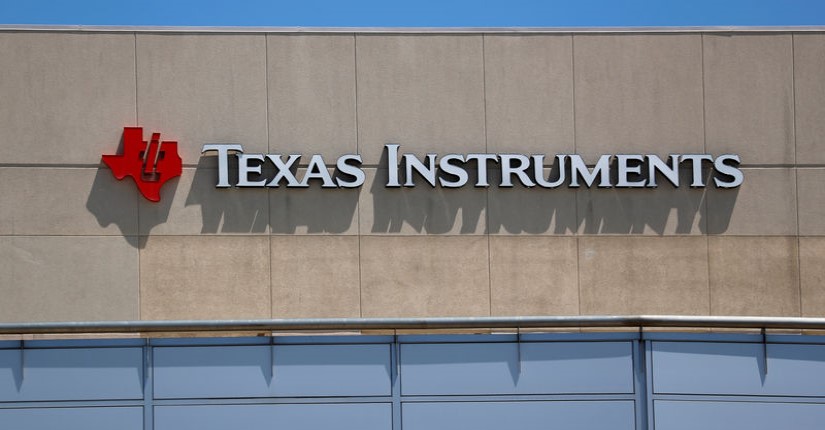
But recently, there are many signs that the chip market is changing. Under the influence of the continued severe epidemic, the Russian-Ukrainian war, and global economic inflation, not only the consumer electronics market has suffered setbacks, but many companies and institutions have also judged that automotive chips will also be alleviated to a certain extent in the second half of this year. In particular, the smartphone and PC markets have frequently cut orders, which has driven structural adjustments on the demand side, which in turn has slowed down the demand for processors or chips that require advanced manufacturing processes, allowing fabs to free up more production capacity for automotive chips.
The view that automotive chips may be relieved by this has been reflected in some recent market research reports. The Jefferies Group report shows that for automotive chips, the inventory days in the first quarter were 52 days, and it is estimated that the fourth quarter will increase to 60 days, which is 50% higher than the average before 2021.
Richard Gordon, a senior analyst in the semiconductor industry, has also previously stated that the semiconductor industry seems to have shown a downward trend and has shifted from a shortage to an oversupply, which has also become a challenge for the industry.
However, some people in the industry believe that the chip market is large, the industrial chain is complex, and the epidemic situation is still repeated, geopolitical disputes continue, and there are still many external uncertainties. It is unrealistic to expect a complete relief in the second half of the year. However, it is still necessary to pay attention to the inflection point of supply and demand of chips, and be alert to the disaster of inventory decline caused by market changes.

